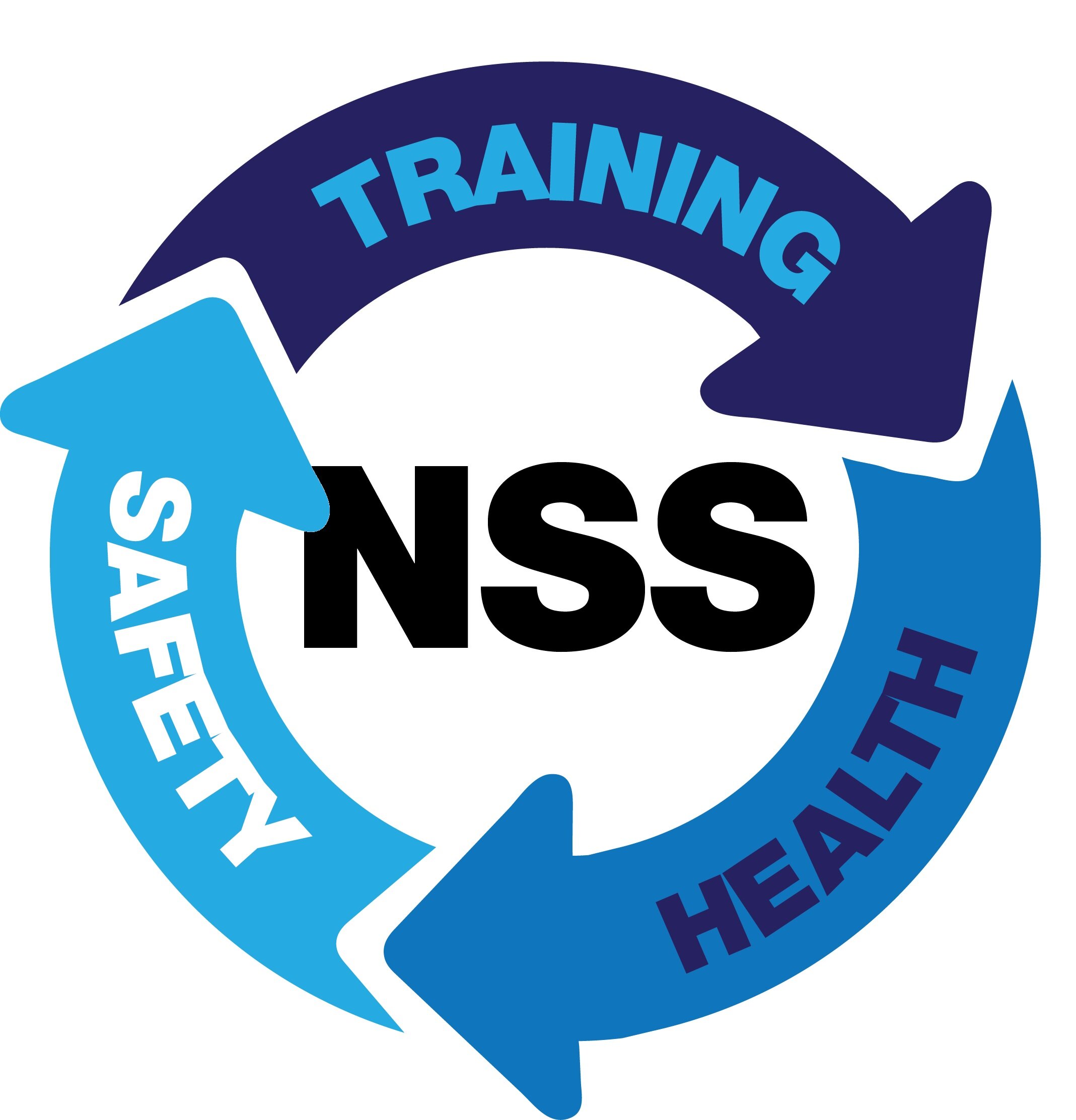Tractors - How You Can Stay Safe on Your Farm
Following the death of yet another local man in a tractor incident, it’s important to understand the implications of doing something slightly wrong and also the safety procedures that you can follow when working with machinery on your own property or at work.
Some may pass safety off and think it won’t happen to them but when the incidents are at your back door, it comes to show that anyone can get caught in a bad situation - knowing how to prevent it and what to do if it happens is vital.
Recent accident report:
Safework NSW has released information on how you can stay safe. You can view them HERE. I have summarised their findings and more of my own below.
People working on a farm are at risk of serious or fatal injuries when working with or operating tractors and other machinery.
Some things you can do that could potentially save your life are the following:
Tractors and other machinery must be maintained and guarded in line with industry standards and manufacturers’ requirements.
Safework NSW offers a large amount of fact sheets and information on this so learning about the specific requirements are a good start.
The NSW Department of Primary Industries runs courses on safe tractor operation and maintenance.
Be aware of how any attachments may affect the performance of the machine.
Most tractors must be fitted with roll over protective structures (ROPS).
Ensure all guards are in place, especially power take off (PTO) guards, and check them regularly for signs of wear and tear.
If there is any risk of falling objects, a falling objects protection structure (FOPS) should be fitted.
Ensure all tractors are fitted with non-slip, side-access steps that are in good condition.
Don’t treat them as toys. Do not allow anyone to ride on the steps while the tractor is moving.
Always stop the tractor and engage the park brake, before getting off.
Conduct pre-operational checks in line with the manufacturers' instructions.
Ensure workers are properly inducted, trained and supervised, especially inexperienced and young operators.

